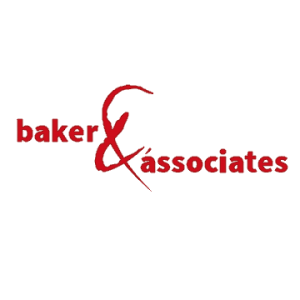
When people get into financial trouble and operate a small business, they may wonder what will happen to the business. Whether or not you wish to continue operating the business will determine the type of bankruptcy you should file.
Chapter 7
Chapter 7 bankruptcy can be filed both for yourself or your small business. If you are the sole proprietor of your business, Chapter 7 will also apply to your business debt. Using either your state or federal exemptions will help you protect your business assets. Your nonexempt business assets could be liquidated by filing chapter 7 bankruptcy.
Your personal bankruptcy will not discharge your business debt if it is filed as a corporation or LLC. When you turn your small business into a corporation, it becomes its own legal entity. If you file Chapter 7 for your small business, more than likely, it will be closed down, and your assets liquidated to pay your creditors.
Chapter 13
If your business is a corporation or LLC, you will not be able to file Chapter 13 bankruptcy. However, if you are the sole proprietor of your business, you can include your business debt in Chapter 13 bankruptcy. If the majority of your business assets are nonexempt, Chapter 13 may be a better choice, so none of your property will be liquidated as in Chapter 7. In Chapter 13 bankruptcy, you can keep all of your assets and make a monthly payment on a court-approved repayment plan. You can legally stay in business as long as you are current on your payment plan.
If you have a small business and are considering bankruptcy, contact a Houston bankruptcy attorney to find out what your options are.
